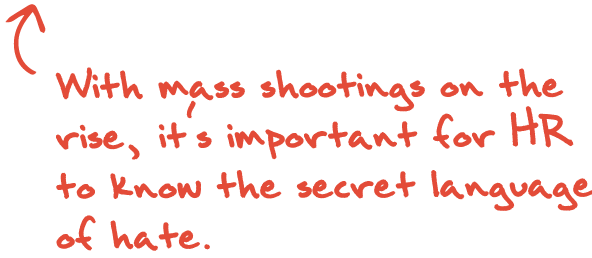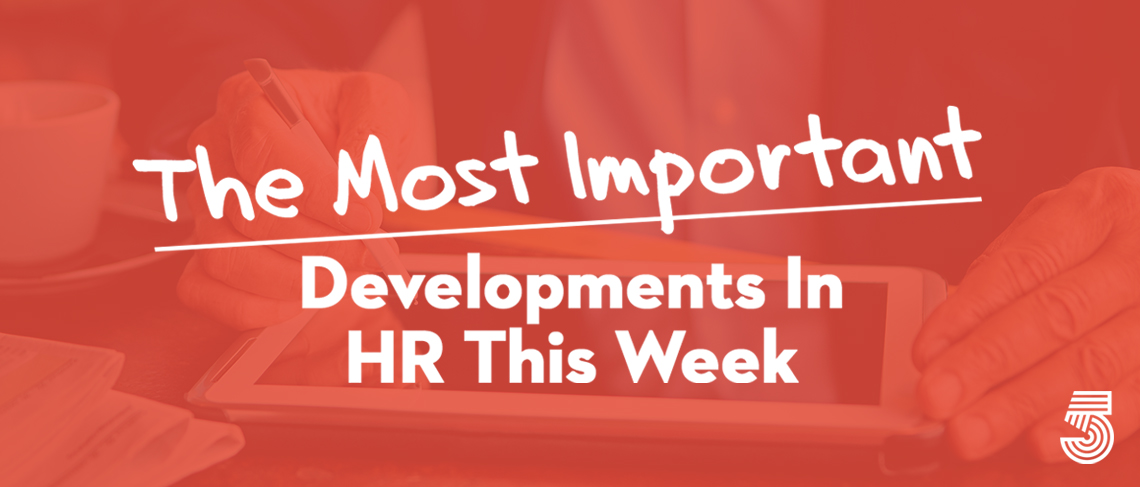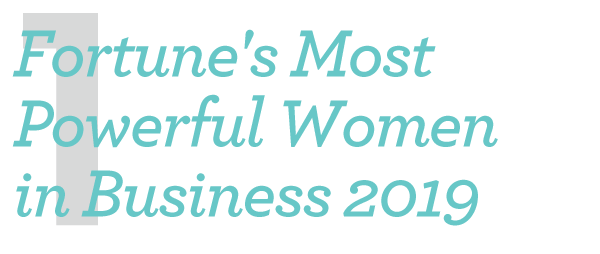
For the past 22 years, Fortune has been putting out their “Most Powerful Women” list, compiled on the basis of the size and importance of the woman’s business in the global economy and other factors. This year’s ranking is composed of more CEOs, more promotions, and more competition than ever. That’s not to say that equality has arrived in the business world. Finance is one of the most represented industries on this year’s list, but the sector has yet to see a woman at the head of a major U.S. bank. And despite the rise of CEOs like Flex’s Revathi Advaithi and AMD’s Lisa Su, women of color remain depressingly rare in the highest of corner offices. But as the 50 execs on this year’s list prove, women now hold more corporate power than ever before — and they’re not afraid to wield it. Fortune
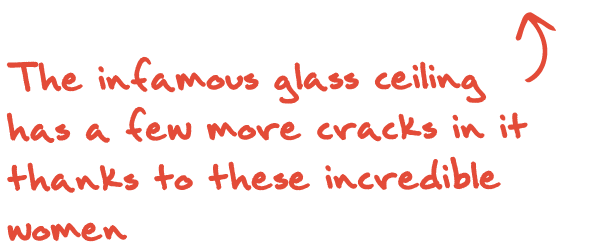
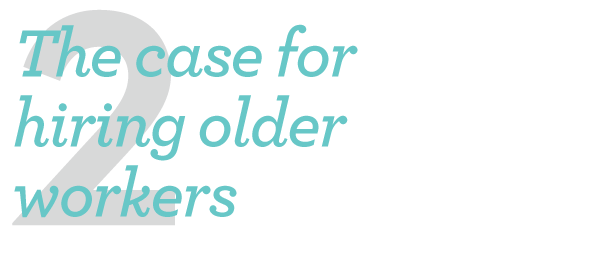
One of the biggest and most problematic types of bias we face is the bias of age: We often evaluate people based on their age, and this is now becoming a major challenge in the workplace. If you are older, you are likely to be considered less capable, less able to adapt, or less willing to roll up your sleeves and do something new than your younger peers. Many companies believe that older people are “overpaid” and can be “replaced with younger workers” who can do the job just as well. People like Mark Zuckerberg and others publicly state that “younger people are smarter.” The scientific evidence on this issue shows differently: For most people, raw mental horsepower declines after the age of 30, but knowledge and expertise — the main predictors of job performance — keep increasing even beyond the age of 80. Harvard Business Review
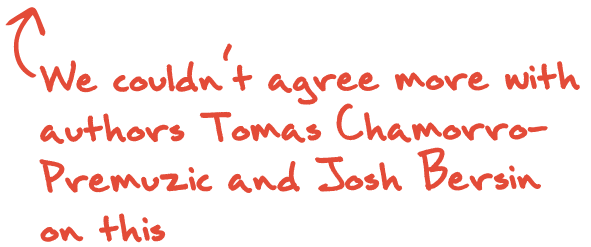
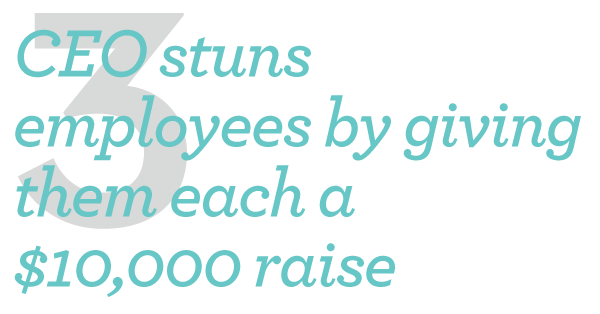
Seattle-based Gravity Payments CEO Dan Price slashed his own salary four years ago from $1 million to $70,000 to raise his employees’ salaries. Now he’s opening an office in a new city and promising another huge salary increase. All employees earning the current minimum will be bumped up $10,000, effective immediately, the Idaho Statesman reports. Price, the head of Seattle-based credit card processing company Gravity Payments, announced Tuesday that all of the employees at the company’s new Boise, Idaho, office will earn at least $70,000 by 2024. “A lot of people think giving up a million dollar a year salary and millions in profit is an unreasonable sacrifice to pay a living wage and give small businesses white glove service,” Price wrote on Instagram Wednesday. “Well, I am proof of one thing. It is worth it.” Price’s theory is that by investing in his employees, the company will grow faster. And it has. CBS News
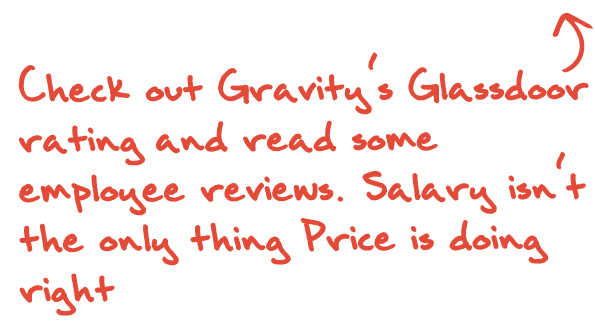
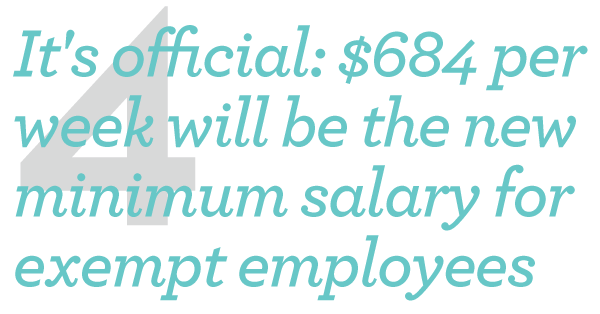
The U.S. Department of Labor issued a final ruling today on the new salary threshold for overtime exemption: $684 per week (equivalent to $35,568 per year for a full-year worker). Anyone who earns less than this becomes eligible for overtime pay, regardless of actual duties, beginning Jan. 1, 2020. The Department of Labor estimates that 1.2 million people will become eligible for overtime pay under this new rule. The people most likely to be affected are retail and restaurant managers who qualify for exemption under the duties test, but have low salaries. Additionally, people who work for nonprofits or political campaigns (which have traditionally low salaries) may find themselves overtime-eligible. Another group would be part-time professional employees. Inc.
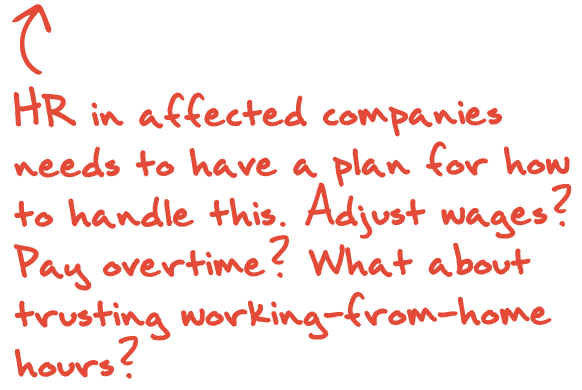
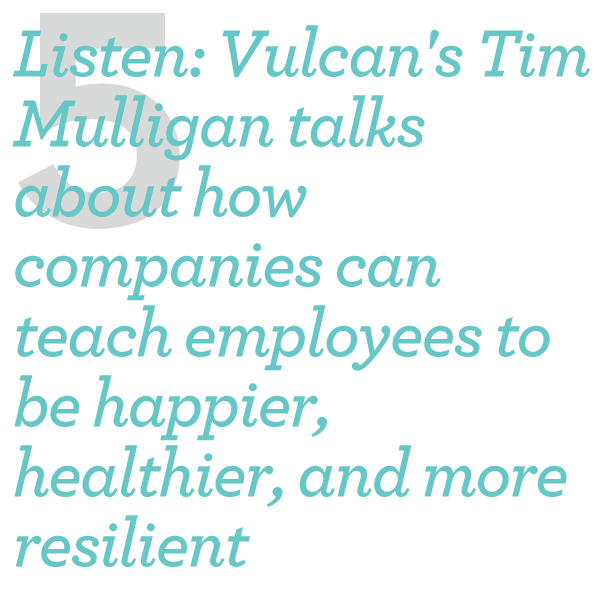
A new podcast from CLO talks to Tim Mulligan, chief human resources officer at Seattle-based Vulcan, the umbrella company for a number of investments and projects created by late Microsoft cofounder Paul Allen, about combating workplace stress, rock-bottom engagement levels, burnout, and work-life balance. “It’s our role as leaders in the business world to create an environment that is realigning conditions in a way that people are able to balance the stress level, be productive, to leave work every day knowing you got a lot of stuff done, and to look forward to coming back to work the next day,” Mulligan said. Plus, co-hosts Mike Prokopeak and Ashley St. John talk with Tim about what a resilient leader looks like, why branding is so important in learning and development work, and how simple, catchy phrases can be the difference between a good program and a great one. Chief Learning Officer

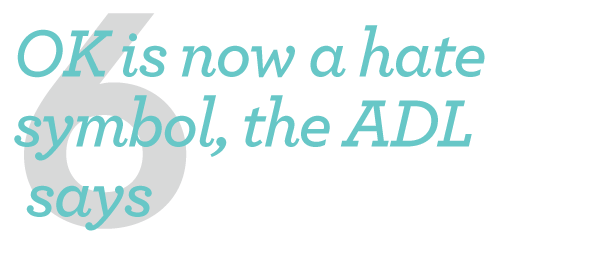
The “OK” hand gesture is now a hate symbol, according to a new report by the Anti-Defamation League. The ADL added that symbol along with several others on Thursday to its long-standing database of slogans and symbols used by extremists. The finger-and-thumb OK sign is universally known for meaning everything is all right or approval of something. But the ADL says while not everyone means it to be hateful, the sign has been co-opted by the alt-right. Other new symbols of hate: The bowl cut emoji is used by white supremacists to symbolize Dylann Roof, who shot to death nine black churchgoers in 2015. The “Happy Merchant” depicts an extreme stereotype of a Jewish man rubbing his hands together, which is meant to symbolize greed. “Moon Man” is a play on a 1980’s era McDonald’s commercial that featured a man wearing a crescent moon costume. White supremacists use the character to make videos where he raps using racist rhetoric. What next? CNN
